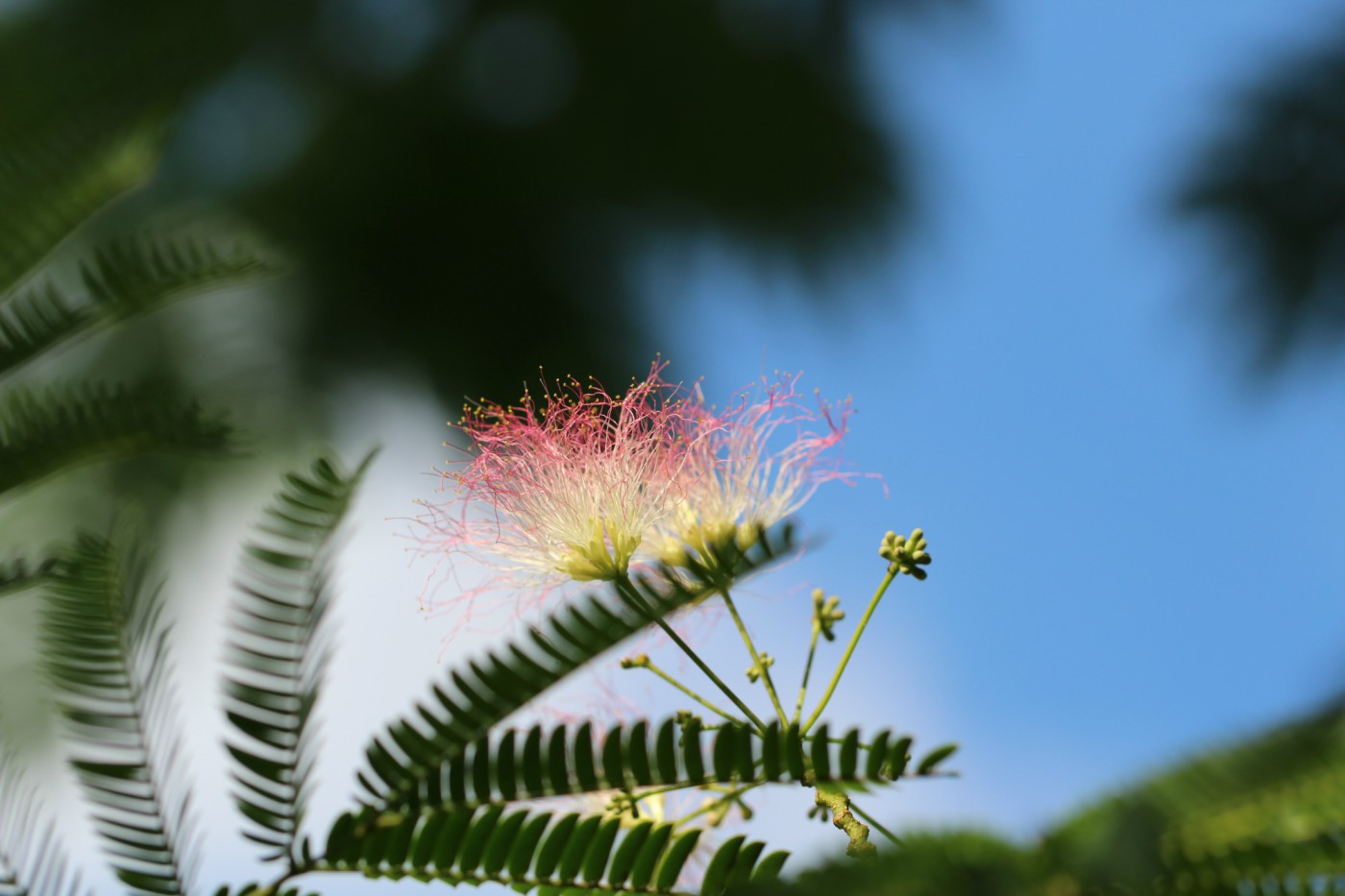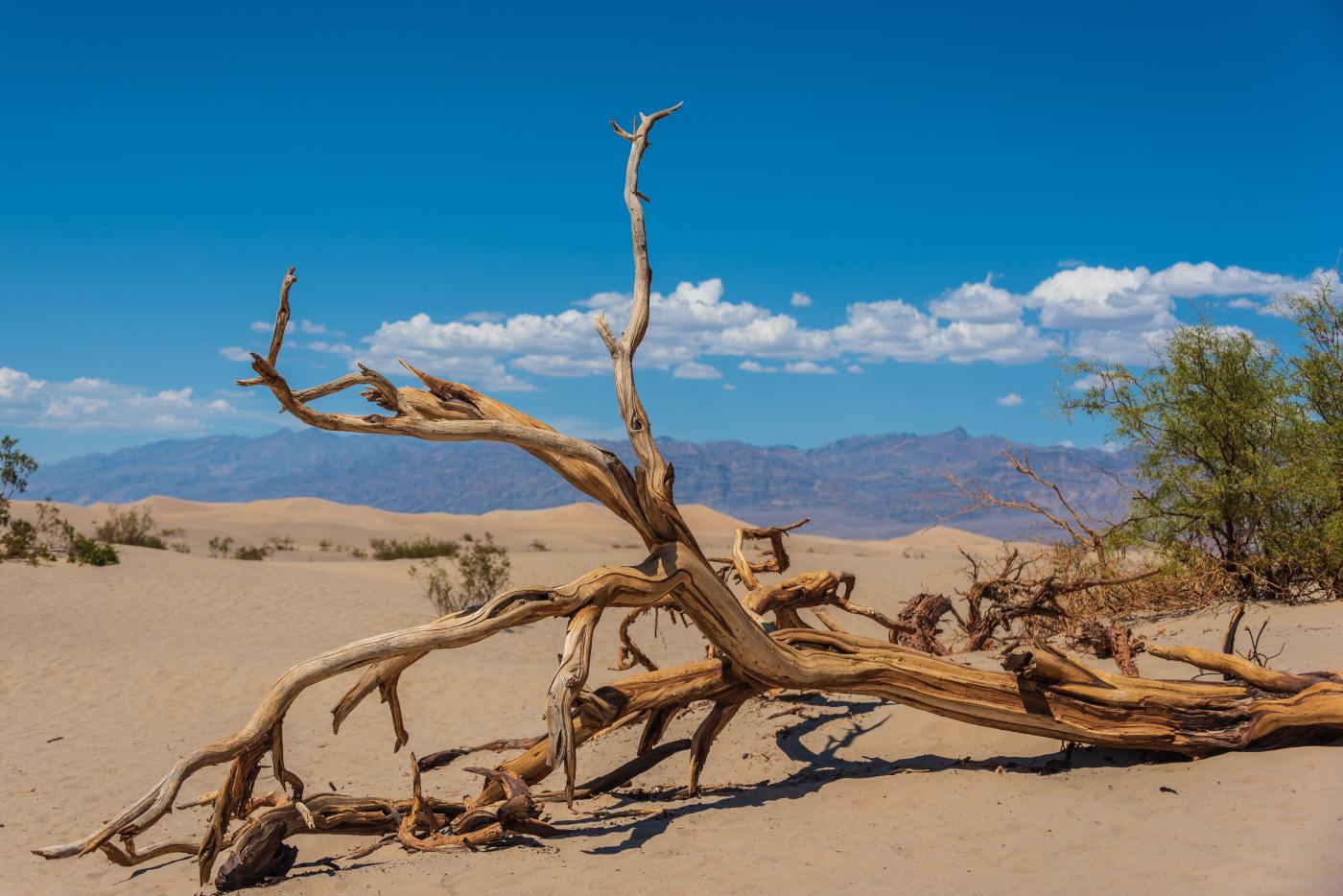The motorist in front of me driving 10mph under the speed limit. An angst-ridden friend on the phone wondering how to increase his company’s sales. The blog post of a young woman bemoaning the absence of a man in her life on Valentine’s Day. A child’s psychosomatic illness because he has again forgotten his homework.
The sturm und drang of human existence, our lives individual tempests in life’s communal teapot. I must achieve, prepare, react, control, matter, work, understand, explain, do. There are retirement accounts and waist lines and children’s futures and nuclear proliferation and falling home prices to worry about. The mental checklist is endless and it is my responsibility to stay on top of it, to keep everything under control, managed.
So. Much. Effort.
All of which conjure memories of an ayahuasca experience in Peru, of the familiar darkness settling over me, the emergence of colors, and then, abruptly, a great and violent radiant-white river of pure energy raging across the galaxies and threatening to suck me into it. It is seen that the river is existence itself. I cling desperately to the banks of self, the river sucking and pulling at me, the noise deafening, the energy awesome beyond imagination. The river is not going to weaken, my exhaustion grows, how long can I hold on, how long can I fight? God, please help me, please please please help me. But, wait, is the river not, in fact, God? Am I praying to that which is seeking to reclaim me? And then, at last, spent, exhausted, no more, I let go, surrender, and I disappear into that impossibly vast torrent.
 It occurs to me that our lives play out this way, albeit in not quite so dramatic fashion. We marvel at the salmon making that last heroic swim upstream, rarely picturing ourselves doing much the same thing. The rocks and eddies and swirling vortices facing the salmon are analogous to our own fears of teen pregnancy, the economy, job security. We swim upstream against life and ask, again and again, why is it so hard? Why must we struggle so? Or we drug ourselves or repeat affirmations to pretend it all away.
It occurs to me that our lives play out this way, albeit in not quite so dramatic fashion. We marvel at the salmon making that last heroic swim upstream, rarely picturing ourselves doing much the same thing. The rocks and eddies and swirling vortices facing the salmon are analogous to our own fears of teen pregnancy, the economy, job security. We swim upstream against life and ask, again and again, why is it so hard? Why must we struggle so? Or we drug ourselves or repeat affirmations to pretend it all away.
But what if we surrender to the current? What if we trust that the river knows exactly what it is doing and start to recognize that it is our efforts and struggles and mental agitation that, well, make it feel like such a struggle?
When my beloved retriever died a few years ago, I marveled at the way he greeted life’s end much the way he had every other day of his existence. With equanimity, acceptance, grace. In those final days he would struggle mightily to gain his footing, to eat and drink and relieve himself, until came the day it was no longer possible. But it was obvious his struggles were not my struggles. His struggles were a natural part of the process. He did not bitch and moan about the aches and the pains, the cruelty of it all. He did not seek endless rounds of medical interference to prolong his life, he did not rue that which he had not become, did not fret about that left unaccomplished, did not express grave concerns about those being left behind. He simply laid down and waited to die.
The “problem” with his death wasn’t of his making, it was ours. Because we could not bear to see him “struggle,” we “humanely” had him euthanized. The dog had never spent a day fighting the current – we, his human “masters,” did that for him, hastening the death that the river already was carrying him toward.
The poet and songwriter alike labels the process of letting go “sweet surrender.” But it’s a funny term, isn’t it? What, after all, are we letting go of? I am no more physically grasping life than I was the banks of that ayahuasca-fueled river of energy. So what is it that’s being released? Who is letting go of what and to whom/what?
I suspect they’re all one and the same. That in surrender there is a seeing through of a separate I in competition with a separate universe – that the happiness and peace I strive so mightily to achieve can never be found so long as there is an I trying so damned hard to reach them. It is recognizing that not only do those thoughts flavor every part of my existence (“This is good, bad, wonderful”), but they create the sense of an I experiencing those thoughts (“This is good, bad, wonderful to ME”).
When I think back on that night in the Amazon, I wasn’t really clinging to “life,” I was clinging to “me,” to the idea of a me utterly alone and responsible for itself in this great and foreign universe. When at last I let go, all of those fearful thoughts disappeared into that universal energy along with the sense of an I experiencing them. What was left was nothing (No-thing). There was peace itself.



I wait forever on your latest posts. I love them. Thank you
Glad you enjoy them, Samantha. Lots of gestation involved 🙂